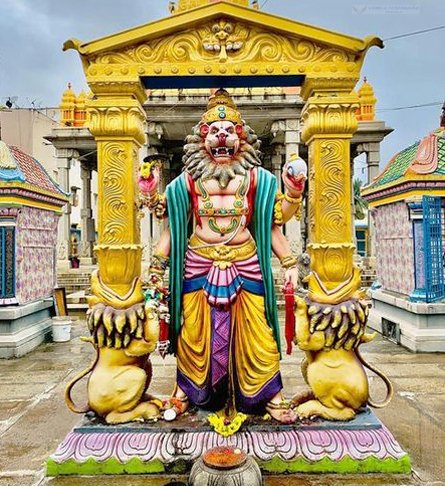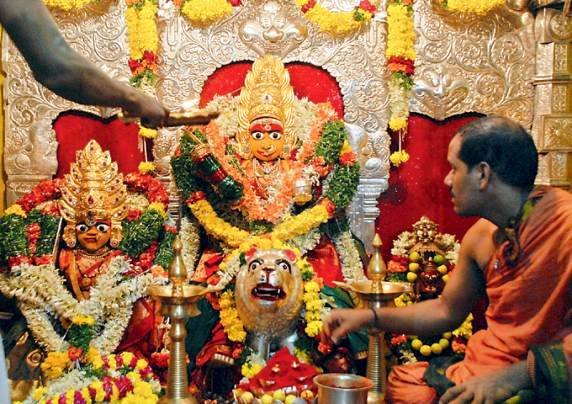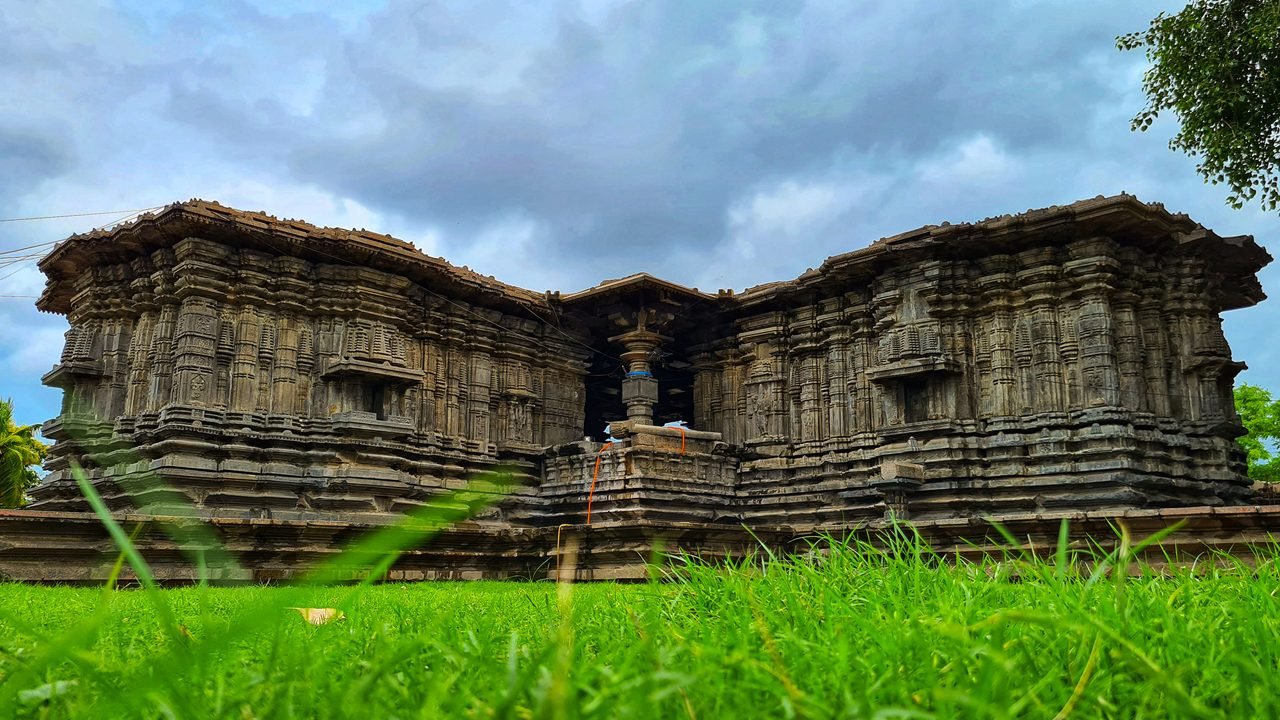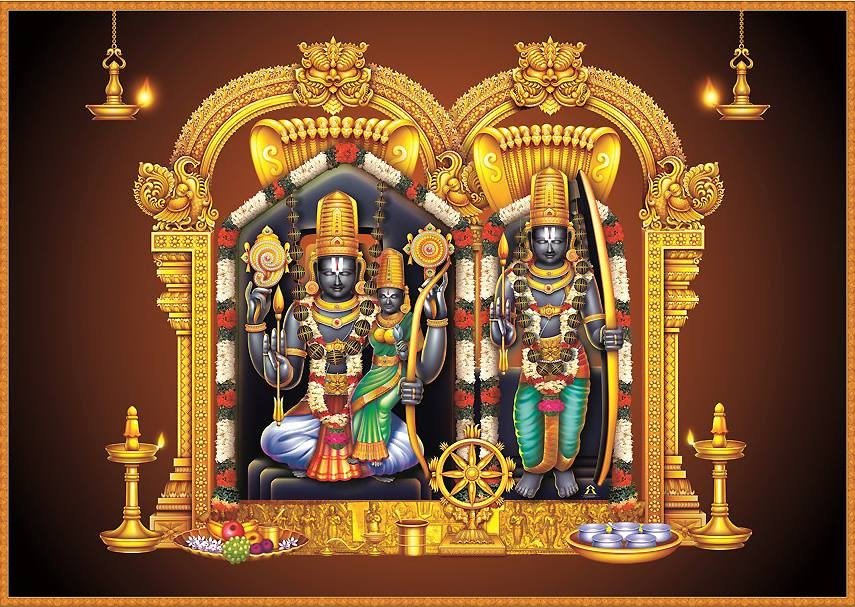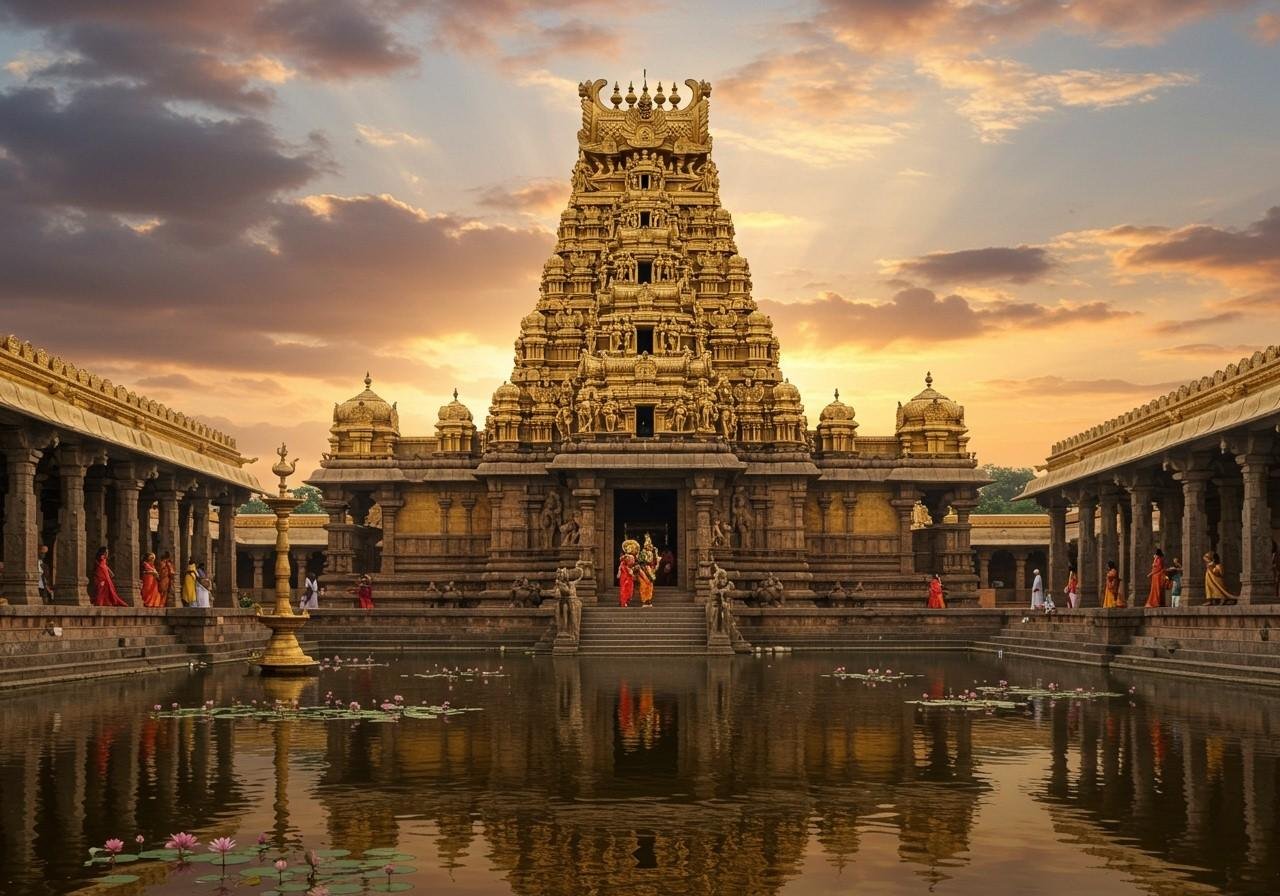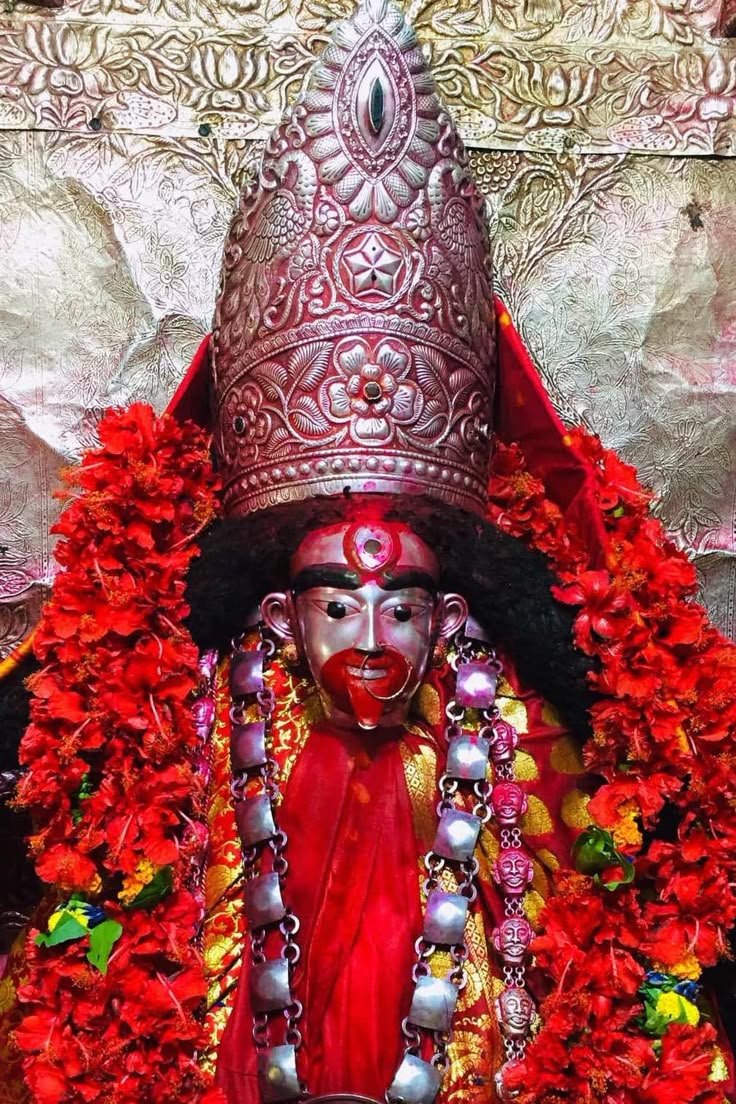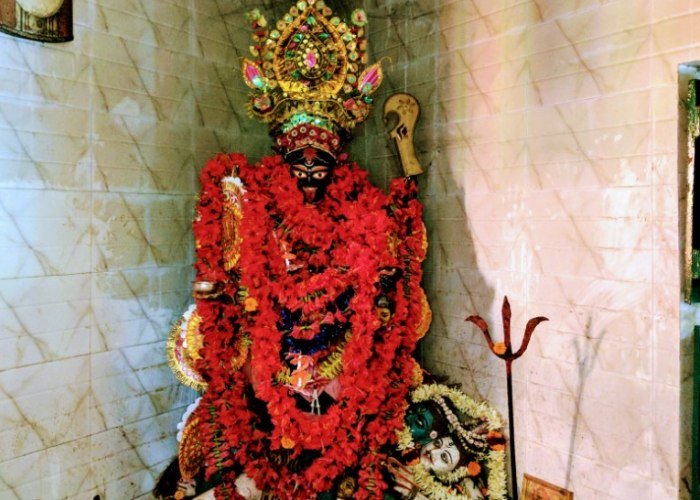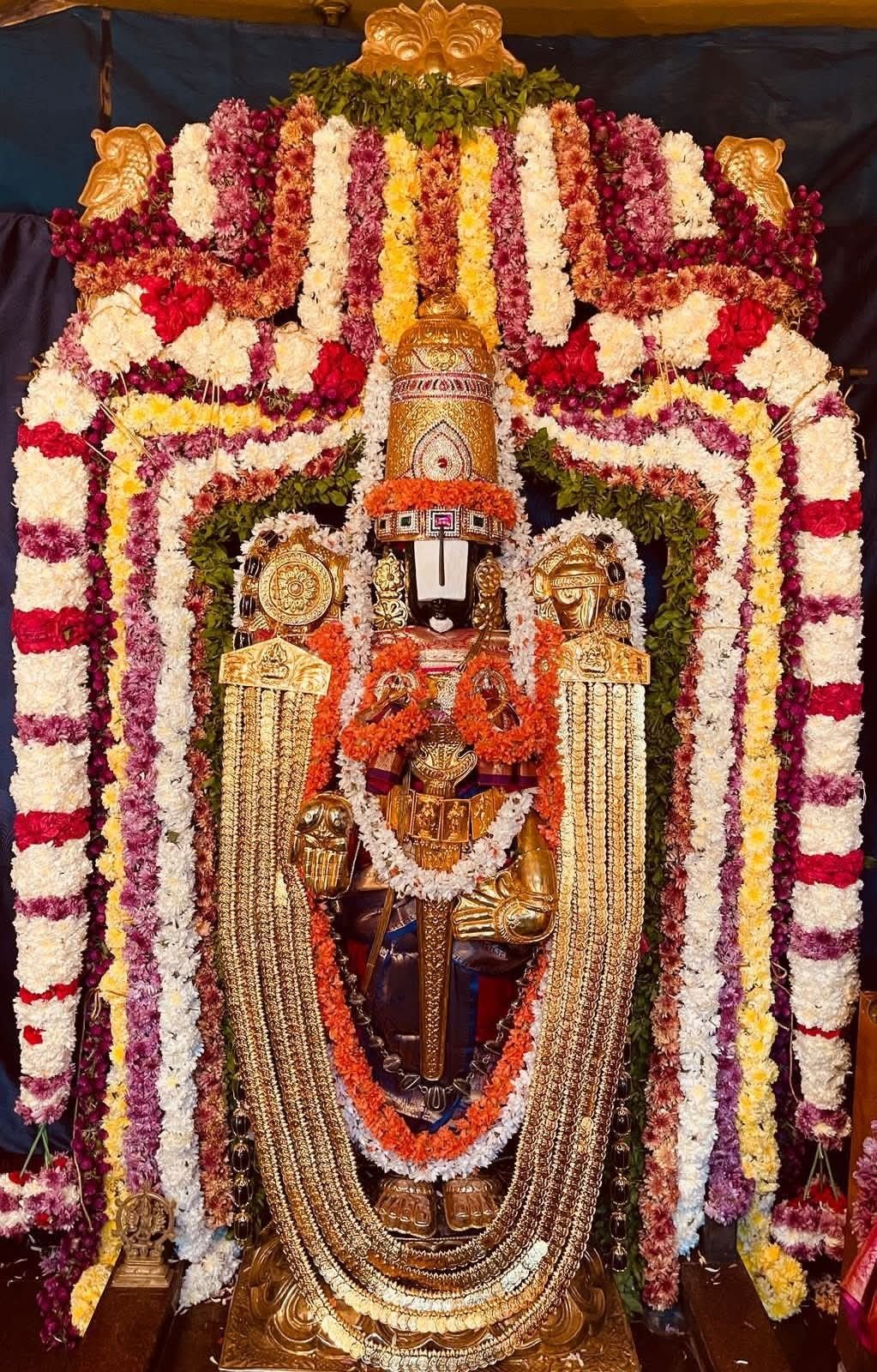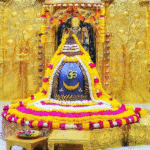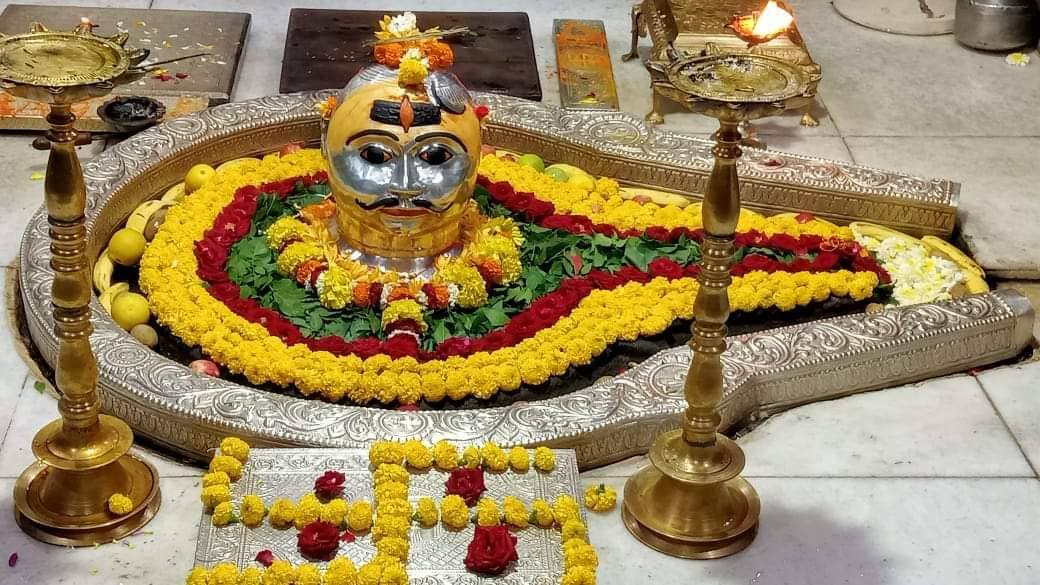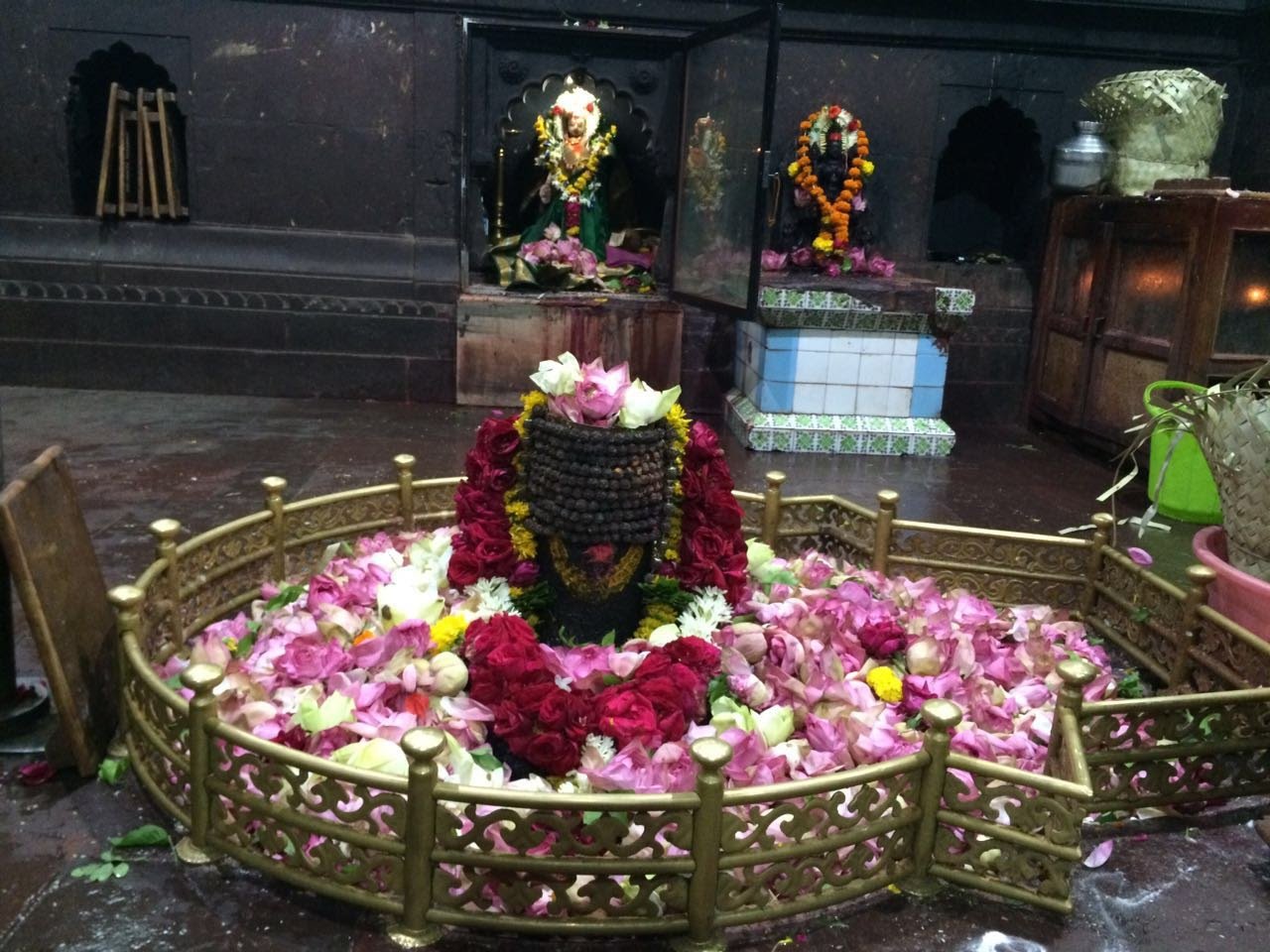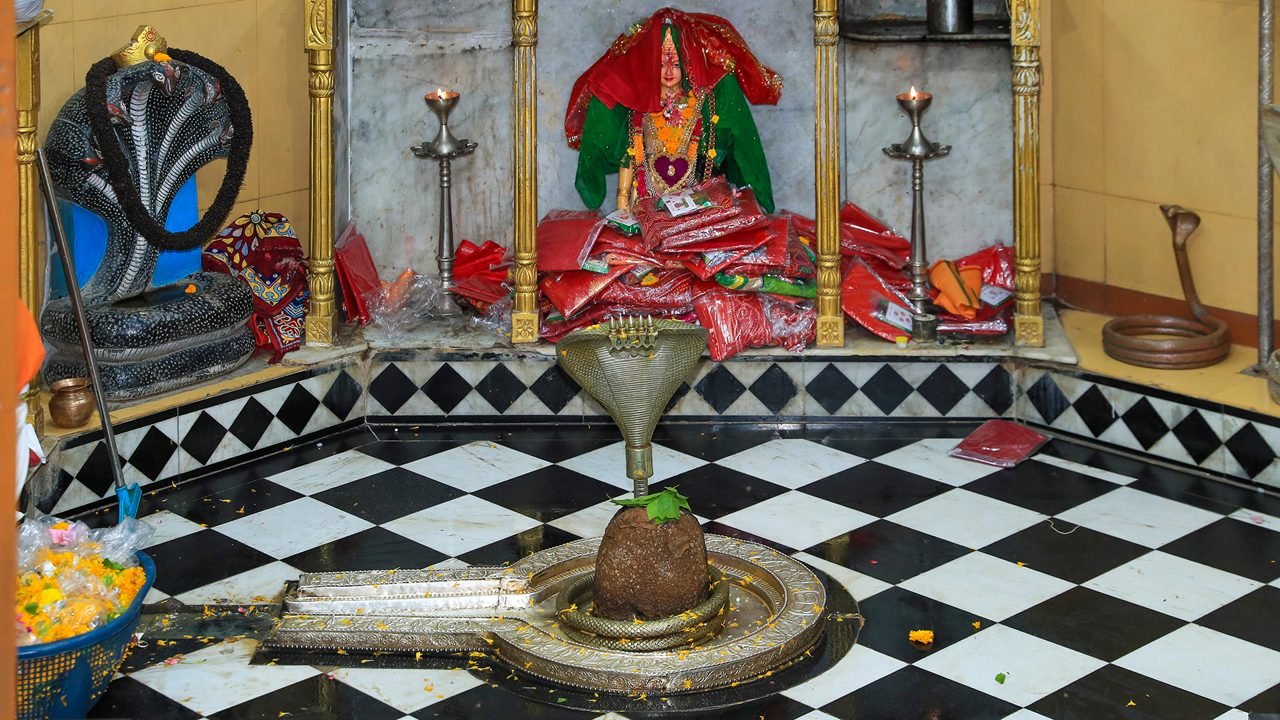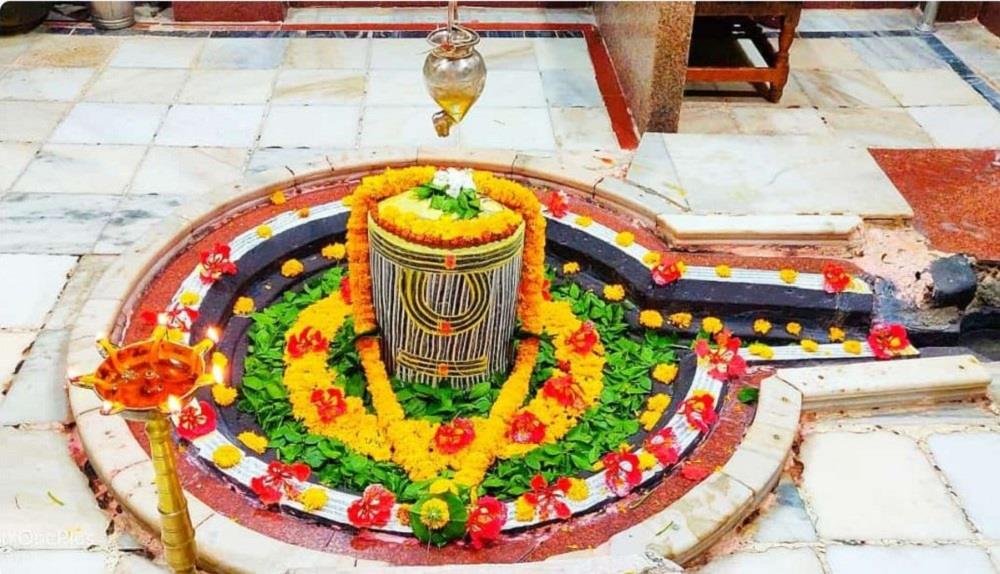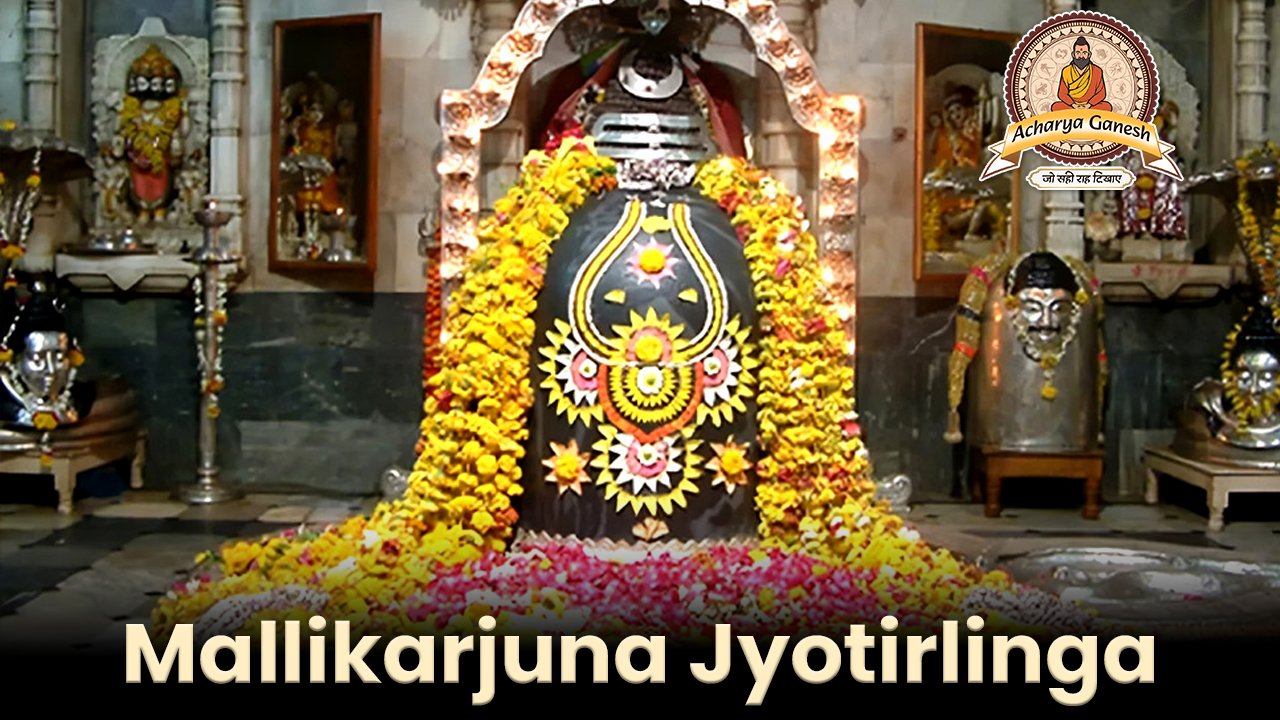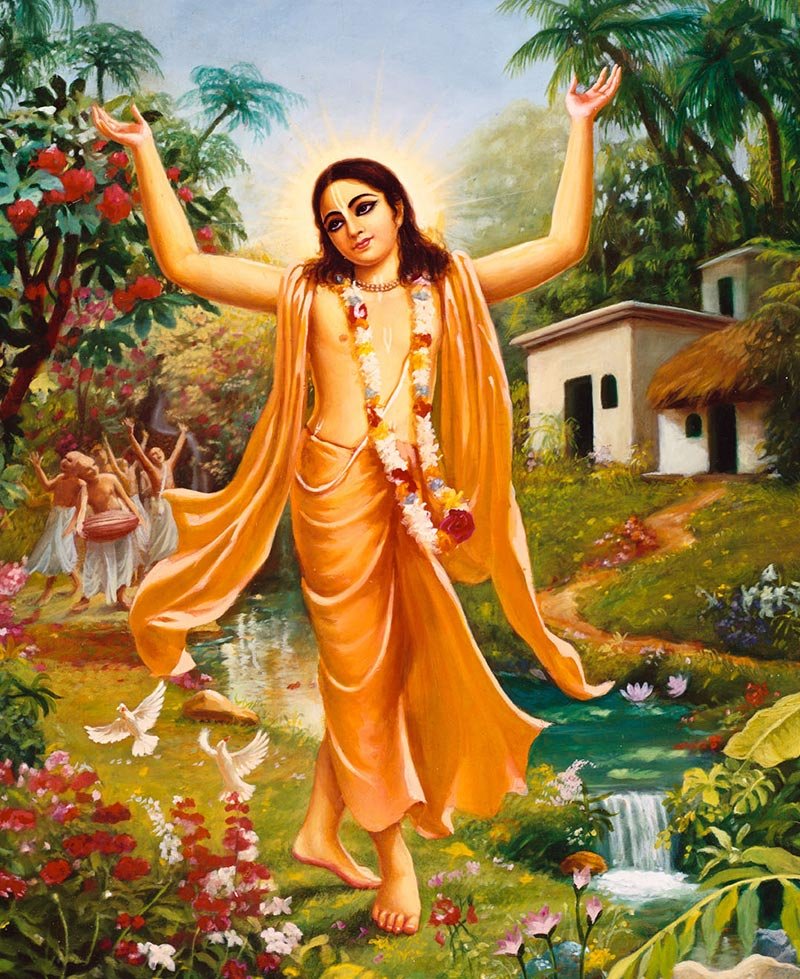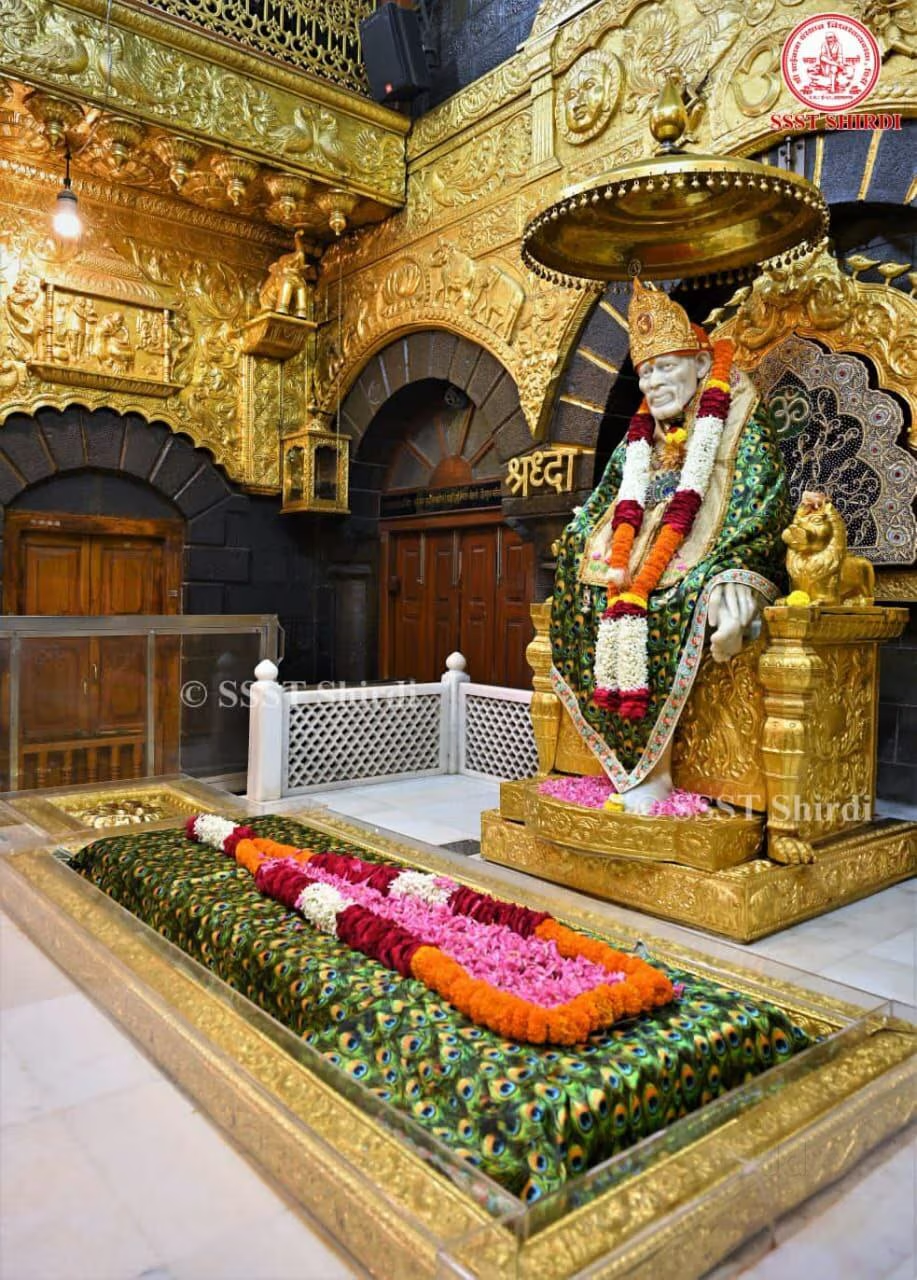Yatinath Avatar of Lord Shiva


The term Yati is often used to refer to an ascetic who has renounced the material world and dedicated their life to meditation and self-realization. As Yatinath, Shiva becomes the Lord of all ascetics, guiding them on the path of detachment, spiritual evolution, and the attainment of inner peace.
Mythological Significance of Yatinath Avatar
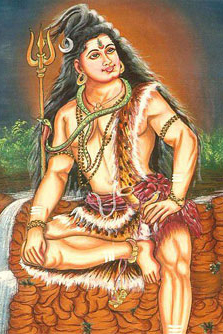
The Yatinath Avatar is intricately linked with Lord Shiva’s deep connection to yoga, meditation, and austerities. This form of Lord Shiva has the following mythological connections and significance:
Shiva as the First Yogi:
- Adiyogi: Lord Shiva is considered the first yogi, or Adiyogi. According to several Hindu scriptures, Shiva imparted the knowledge of yoga to Saptarishi (the seven great sages) and other followers. His teachings became the foundation of all forms of meditation and ascetic practices. Thus, as Yatinath, Shiva represents the highest ideal of yoga—the complete mastery over the body, mind, and soul.
- Renunciation of the World: As Yatinath, Shiva symbolizes the path of renunciation and detachment. He encourages his devotees to overcome material desires and focus on spiritual growth through meditation, austerity, and a life of simplicity. This is particularly evident in his role as the supreme ascetic who renounces worldly pleasures to focus on the eternal truth.
Shiva’s Role in the World of Ascetics:
Shiva’s Isolation in the Himalayas: Lord Shiva’s ascetic nature is often depicted through his dwelling in the Himalayas, where he is isolated from worldly distractions and devotes himself to deep meditation. This retreat into the mountains symbolizes a withdrawal from the material world, seeking union with the divine through inner stillness.
Lord of Ascetics: The Yatinath Avatar portrays Lord Shiva as the Lord of all ascetics. He is the ideal guide and teacher for those who take up the path of austerity, meditation, and spiritual practices. Many saints, sages, and yogis worship Lord Shiva as their spiritual master and seek his blessings for spiritual strength and enlightenment.
Symbolism of Yatinath Avatar of Lord Shiva
The Yatinath Avatar of Shiva carries deep symbolic meanings related to spirituality, asceticism, and the journey toward enlightenment:
Spiritual Discipline and Self-Control:
The Yatinath Avatar highlights the importance of self-control and discipline in the spiritual journey. The avatar encourages devotees to cultivate qualities such as patience, endurance, and self-restraint, all of which are necessary to succeed in meditation and spiritual practices.
- Mastery over the Mind: Just as Shiva, as the ultimate yogi, has complete mastery over his thoughts and emotions, the Yatinath Avatar teaches that one must train the mind to remain still and focused. This mastery is the path to reaching higher states of consciousness.
Renunciation of Worldly Desires:
The path of the Yatinath Avatar shows the value of renouncing worldly pleasures and attachments. Shiva, as the ultimate ascetic, embodies the ideal of detachment, where one does not allow the distractions of the material world to affect their spiritual progress.
Simplicity and Purity: Shiva’s simple lifestyle, wearing the ash of cremation grounds and living in the Himalayas, reflects the principle of simplicity and purity. Devotees are encouraged to simplify their lives, eliminating distractions to focus entirely on spiritual growth.
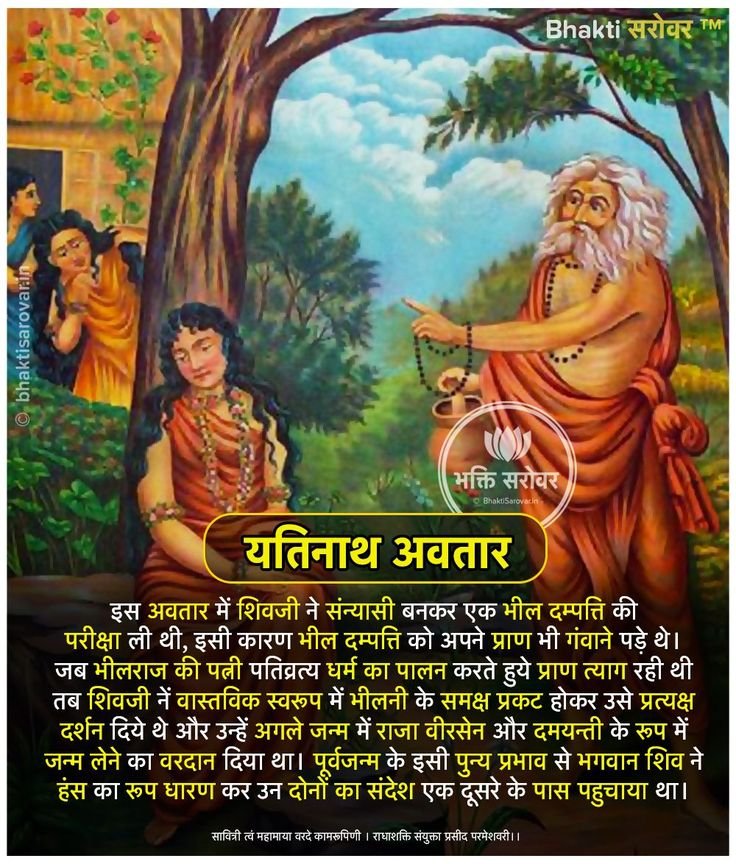
Worship of Yatinath Avatar of Lord Shiva

The Yatinath Avatar is especially revered by yogis, ascetics, and those on the path of spiritual awakening. People worship this form of Lord Shiva for several reasons:
Seeking Inner Peace and Enlightenment:
- Devotees who wish to attain inner peace and spiritual realization can invoke Yatinath, the Lord of ascetics. By meditating on this form of Shiva, they seek inner stillness, clarity, and the ability to look beyond material distractions.
Strength for Spiritual Practice:
- Those undertaking intense spiritual practices, such as meditation, austerities, or yoga, often seek Lord Shiva’s guidance in his Yatinath form. By meditating upon this form, they invoke spiritual strength, endurance, and dedication.
Detachment from Worldly Desires:
Worshipping Yatinath helps devotees in the process of detachment from materialism, guiding them toward a more focused and spiritually fulfilling life. Shiva as Yatinath represents the ultimate goal of detaching oneself from worldly distractions to connect with the divine consciousness.
Mantras of the Divine Avatar
ॐ यतीनाथाय नमः।
ॐ शान्तं शिवमं योगं तं ध्यायं यतिनायकं।
आत्मा तत्त्वं समाश्रित्य जगत्कारणं तु शंकरम्॥
Om, I bow to Yatinath, the Lord of ascetics,
Meditating upon him, the one who is peaceful, auspicious, and yogic,
The supreme consciousness who is the source of the universe,
O Shankar, the embodiment of supreme knowledge and the ultimate goal.
Aarti of the Divine Avatar
ॐ जय यतीनाथ, योगीश्वर महादेव,
शिव के रूप में ध्यान करते साक्षात।
हिमालय में वास करने वाले,
शिव शरण में, हर मन को शांति देने वाले॥
ध्यान लगाओ और शांति पाओ,
विश्व में फैलाओ, यति के योग का ज्ञान।
योगीश्वर यतीनाथ, जीवन को बनाओ शुद्ध,
तुम्हारी कृपा से, नष्ट हो सभी बन्धन॥



